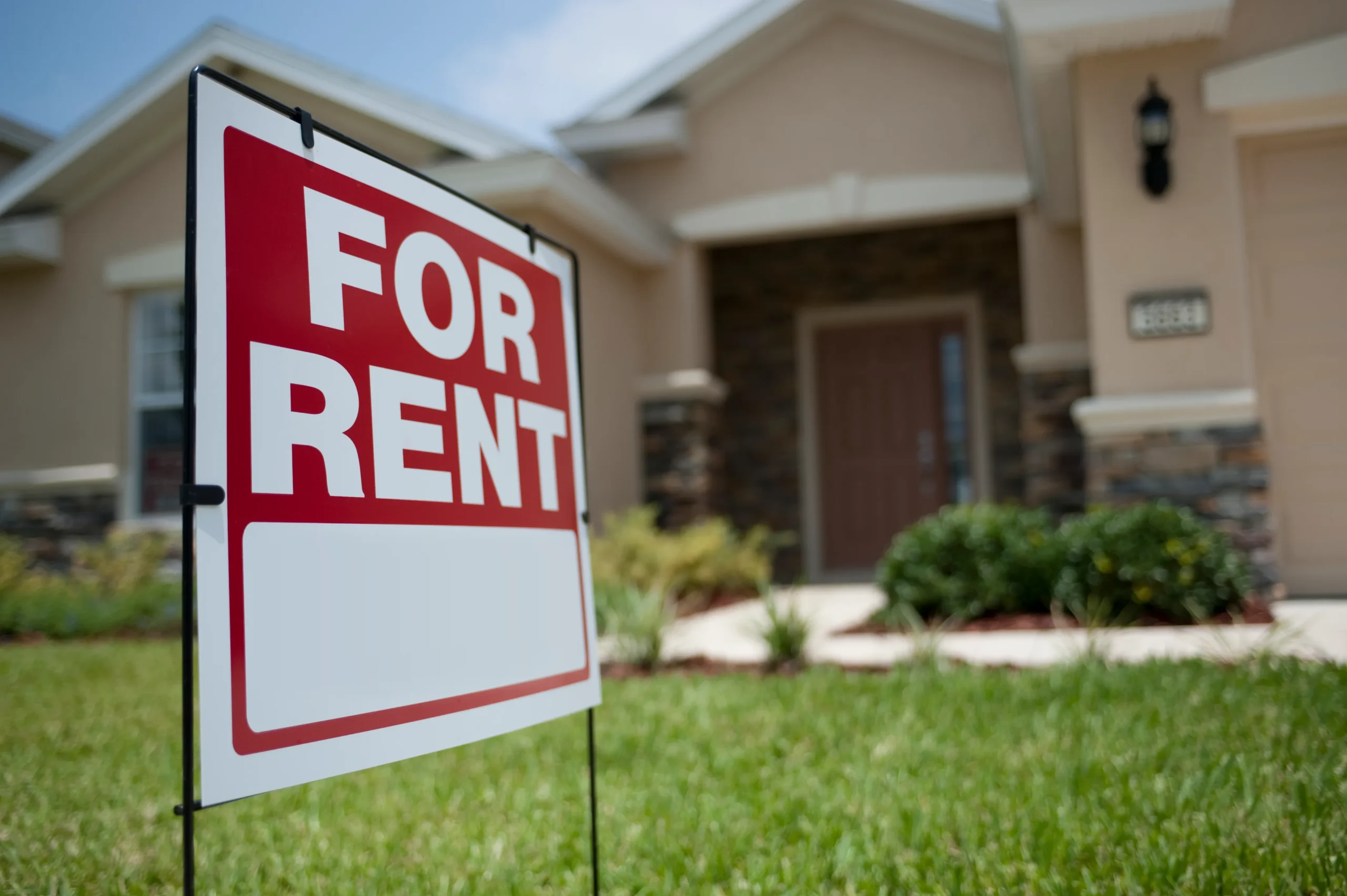A Path to Homeownership: The Advantages of Rent-to-Own Houses

For many aspiring homeowners, the traditional path to homeownership can be riddled with obstacles such as hefty down payments and stringent credit requirements.
In response to these challenges, the rent-to-own option has emerged as a viable alternative, offering a unique pathway to turning renters into homeowners.
In this article, we will explore the concept of “house for rent to own,” uncovering its benefits, considerations, and how it provides an accessible route to realizing the dream of owning a home.
Understanding Rent-to-Own: How Does It Work?
Rent-to-own, also known as lease-to-own or rent-to-buy, is a real estate arrangement that combines elements of both renting and homeownership.
In a typical rent-to-own agreement, the tenant agrees to rent the property for a specific period with the option to purchase it at the end of the lease term.
This arrangement provides tenants with the opportunity to build equity while residing in the property and, if they choose, eventually transition from renting to owning.
Key Components of Rent-to-Own Agreements:
1. Lease Term:
Rent-to-own agreements typically have a lease term ranging from one to three years, during which the tenant pays rent as they would in a standard rental arrangement.
2. Option Fee:
The tenant pays an upfront option fee, which gives them the exclusive right to purchase the property at a predetermined price. This fee is often negotiable and is generally non-refundable.
3. Rent Premium:
In addition to the standard rent, tenants may pay a rent premium, an extra amount that is credited toward the home’s purchase price. This serves as a form of forced savings to help accumulate funds for the eventual purchase.
4. Purchase Price:
The purchase price of the property is agreed upon at the beginning of the lease term. This price remains fixed, protecting the tenant from market fluctuations.
Advantages of Rent-to-Own Houses:
1. Accessibility to Homeownership:
One of the primary advantages of the rent-to-own model is its accessibility. Individuals with less-than-perfect credit or those unable to secure a large down payment can still move towards homeownership through this arrangement.
2. Test-Drive the Property:
Renting to own allows tenants to “test-drive” the property before committing to the purchase. They can experience the neighborhood, assess the condition of the house, and ensure it meets their long-term needs.
3. Build Equity:
While renting, tenants have the opportunity to build equity through the option fee and rent premium. These accumulated funds can be used as a down payment when transitioning to homeownership.
4. Fixed Purchase Price:
Rent-to-own agreements lock in the purchase price, protecting tenants from market fluctuations. This can be particularly advantageous in areas where home prices are rising.
5. Time to Improve Credit:
For tenants with less-than-ideal credit, the lease period provides an opportunity to improve their credit score. This can result in better mortgage terms when they decide to purchase the property.
6. Flexible Terms:
Rent-to-own agreements often offer more flexible terms than traditional mortgages. Negotiations can take place regarding the option fee, rent premium, and other aspects of the agreement.
Considerations for Rent-to-Own Agreements:
1. Clear Terms and Conditions:
It is crucial for both parties to clearly define the terms and conditions of the rent-to-own agreement. This includes the lease term, option fee, rent premium, and any other relevant details.
2. Financial Preparedness:
Tenants should assess their financial readiness to transition to homeownership at the end of the lease term. This includes saving for a down payment, improving credit scores, and securing mortgage pre-approval.
3. Property Inspection:
Before entering a rent-to-own agreement, tenants should thoroughly inspect the property to ensure it meets their expectations. Any necessary repairs or maintenance issues should be addressed before finalizing the agreement.
4. Legal Assistance:
Both tenants and landlords may benefit from legal assistance when drafting and reviewing the rent-to-own agreement. This ensures that the document is legally sound and protects the interests of both parties.
5. Market Conditions:
Consider the current real estate market conditions. While a fixed purchase price can protect against market fluctuations, understanding the broader market trends is essential for making informed decisions.
Conclusion: A Pathway to Homeownership
A house for rent to own offers a unique and accessible pathway to homeownership for individuals facing financial challenges or seeking a flexible approach to acquiring a home.
By providing the opportunity to build equity, test-drive the property, and navigate the transition from renting to owning, rent-to-own agreements empower aspiring homeowners on their journey towards realizing the dream of having a place to call their own.
As with any significant financial decision, careful consideration, clear communication, and thorough due diligence are essential to ensuring a successful and fulfilling rent-to-own experience.




